Jack Wallen investigates the DELL XPS Developer Edition and finishes up this may be, with one special case, the best workstation accessible.
Ok, the DELL XPS Developer Edition Laptop. It's a bit of equipment that you can't in any way, shape or form acknowledge until you've really utilized it. So when DELL connected with me about the following emphasis of the Ubuntu version, I couldn't avoid saying "yes." After a couple of brief days, the bundle arrived, and I unpacked the workstation, expecting blessed messengers would sing a couple of bars of GF Handel as the equipment slipped free from its cardboard sleeve.
That didn't happen.
More terrible things have occurred with an unpacking.
With the workstation out of its bundling, I was really astonished to be marginally baffled in the outline. I've become used to the all-metal body of the Chromebook Pixel and MacBook Pro. Despite the fact that the XPS obviously has a metal best cover and base, there's something determinedly not metal looking between the top and base. In any case, the second I opened the cover, all failure sloughed away. Between those two layers of metal exists a unique sort of enchantment.
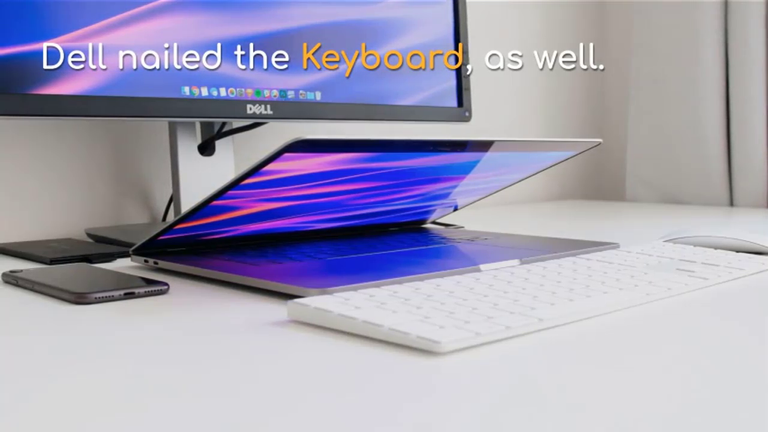
Oh, the carbon fiber ?
The highest point of the case (wrist rests and console edges) is made of a rubber treated carbon fiber that isn't just great to observe yet unbelievable to utilize (Figure A).
You'll love the feel of this rubberized, carbon fiber shell.
What's more, not exclusively does the surface feel extraordinary to work with, yet you likewise make zero fingerprints and smircesh. For the individuals who care about the look of their equipment, that expansion to detail will raise a considerable measure of eyebrows. Truth be told, I would state of the considerable number of workstations I've ever utilized, that rubbery, carbon fiber surface makes the XPS the most agreeable PC I've ever worked with.
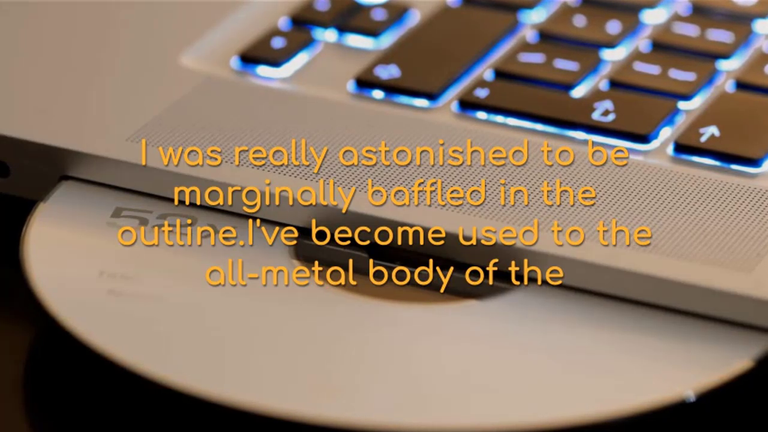
The display ?
When you get past the surface feel, the following component to overwhelm you is the showcase. The 13.3'' FHD (1920 x 1080) InfinityEdge show is stunning. The bezel on this thing is a slight 1/eighth of an inch thick, so it for all intents and purposes vanishes while utilizing the gadget. Also, the hues are fresh and incredibly clear. Try not to expect Retina Display levels of clearness, however the XPS is likely the nearest you'll discover to the Apple highest quality level.
The keyboard ?
Dell nailed the Keyboard, as well. Plain and straightforward. With the calamity that has turned into the MacBook Pro butterfly keys and the destruction of the Chromebook Pixel, the world has enthusiastically sat tight for another accepted standard console, and the XPS Developer Edition may be only that. Anybody that spends more than the normal measure of time pounding ceaselessly at the console, will discover the keys an enjoyment. Yet, the XPS keys aren't just about capacity, they feel strong — like they could keep going for a considerable length of time, at the same time disregarding earth and flotsam and jetsam and ridiculing the Apple Butterfly Keys.
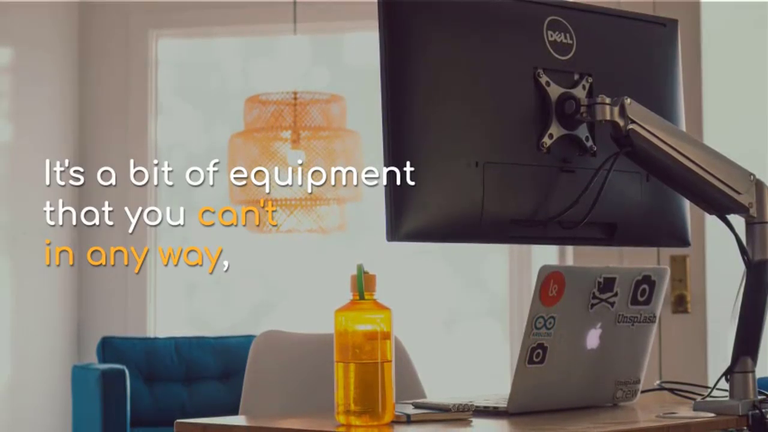
The trackpad?
While the XPS Developer Edition trackpad is no MacBook Pro trackpad, it completes an incredible activity of holding a smooth inclination and being only the correct size for the gadget. The trackpad is both tappable and interactive, so it should cover pretty much any sort of client.
The battery?
The XPS Developer Edition incorporates 52WHr battery that should serve anybody in a hurry. You'll get significantly more utilization from a solitary charge than you do on a MacBook Pro however not about the measure of use from a Chromebook. In case you're working for longer than eight hours on end, odds are you're not running on battery control at any rate.
The platform ?
A workstation is just in the same class as the stage it keeps running on. The version I was sent (as you may expect) was controlled by Ubuntu 18.04 of, which I am a major fan. On the XPS Developer Edition, Ubuntu boots rapidly and works like a champ. Applications open quickly, and everything keeps running with a level of security you won't discover in the other offered stage. Also, considering you're most likely creating in light of Linux or open source, the Ubuntu adaptation of the XPS is the perfect stage.
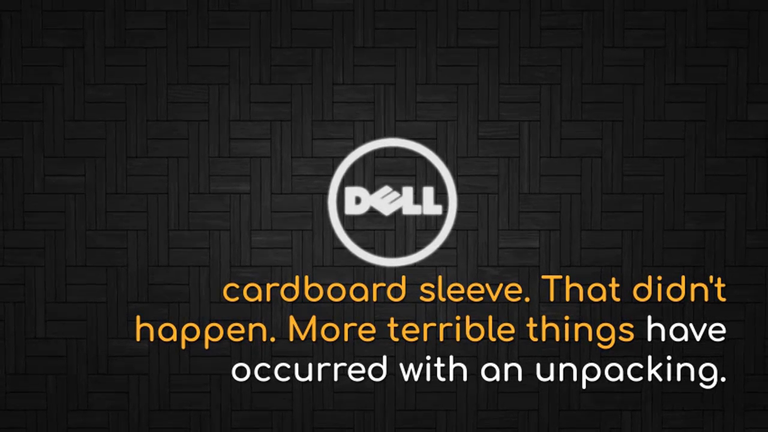
It's additionally one reason why you may end up marginally baffled. The Dell XPS Developer Edition flawlessly represents one of the most serious issues Linux has in the workstation space. The trackpad. Out of the container, the trackpad works fine. In any case, with a bit of equipment as exceptional as the XPS, the trackpad should work something other than fine, it ought to be splendid. This level of equipment merits signal help out of the container, with a finely tuned encounter that serves the client flawlessly. Lamentably, Linux isn't equipped for conveying that level of understanding out of the case.
Indeed, so as to utilize a trackpad that can contend with current models, one must swing to outsider (and regularly direction line just) arrangements. One approach to do that is by introducing Fusuma. In any case, even that device isn't perfect (nor is it a direct establishment). This is one region that Linux designers ought to truly consider giving more regard for. I've yet to encounter a trackpad on the Linux stage that even remotely approaches that of the MacBook Pro or the Chromebook. Current clients have become used to multitouch signals and trackpads that are responsive and idiot proof. Without such an affair, the stage loses a touch of its ease of use.
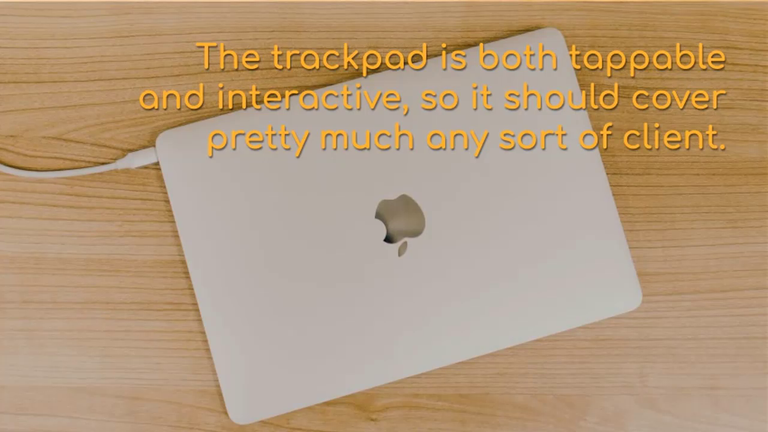
The redeeming quality here is that most engineers tend to utilize a trackpad (or mouse) not as much as the normal client, so having a not as much as stellar involvement with this bit of the riddle won't degrade excessively from the general delight of utilizing the XPS Developer Edition workstation.
The conclusion ?
The DELL XPS Developer Edition PC gave one of the best Linux PC encounters I have ever had. Dell effortlessly matches System76 in making a workstation that works perfectly with Linux (while offering equipment that effectively surpasses anything System76 offers in the PC domain). In the event that the Linux people group can consummate the trackpad (at the same time not venturing over Apple multitouch motion licenses), this workstation would effectively be my go-to for ordinary utilization.
In the event that you are engineer (particularly one who works with Linux), you deserve to try the XPS Developer Edition out. When you lay your wrists on that rubber treated carbon fiber surface (and contact fingertips to keys), you won't have any desire to utilize some other workstation.
Thanks for Comming for more updates please visit my YouTube Channel : Charming Tuts

Thanks for reading and Watching . . .
Hi! I am a robot. I just upvoted you! I found similar content that readers might be interested in:
https://www.youtube.com/watch?v=Trp50f66kYA